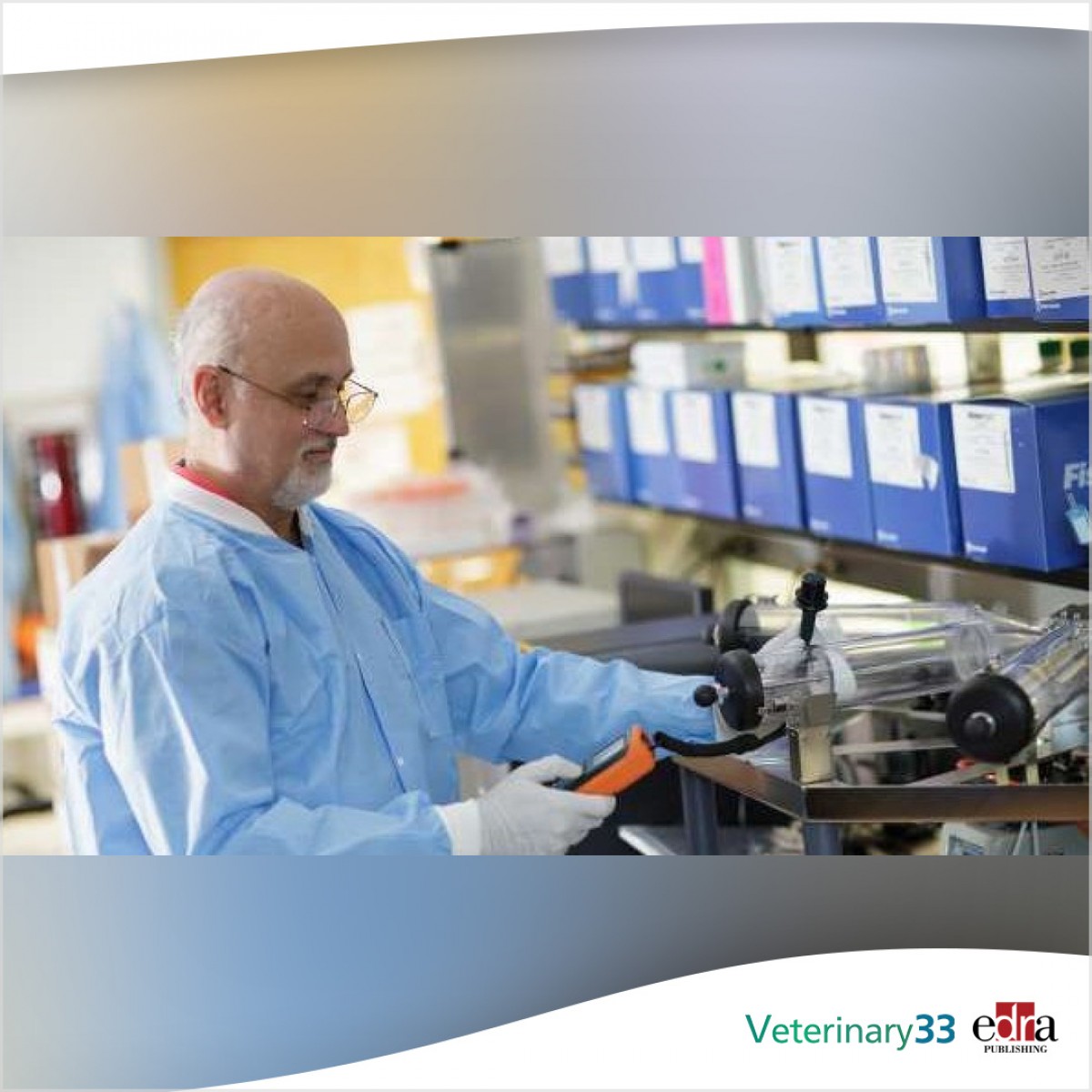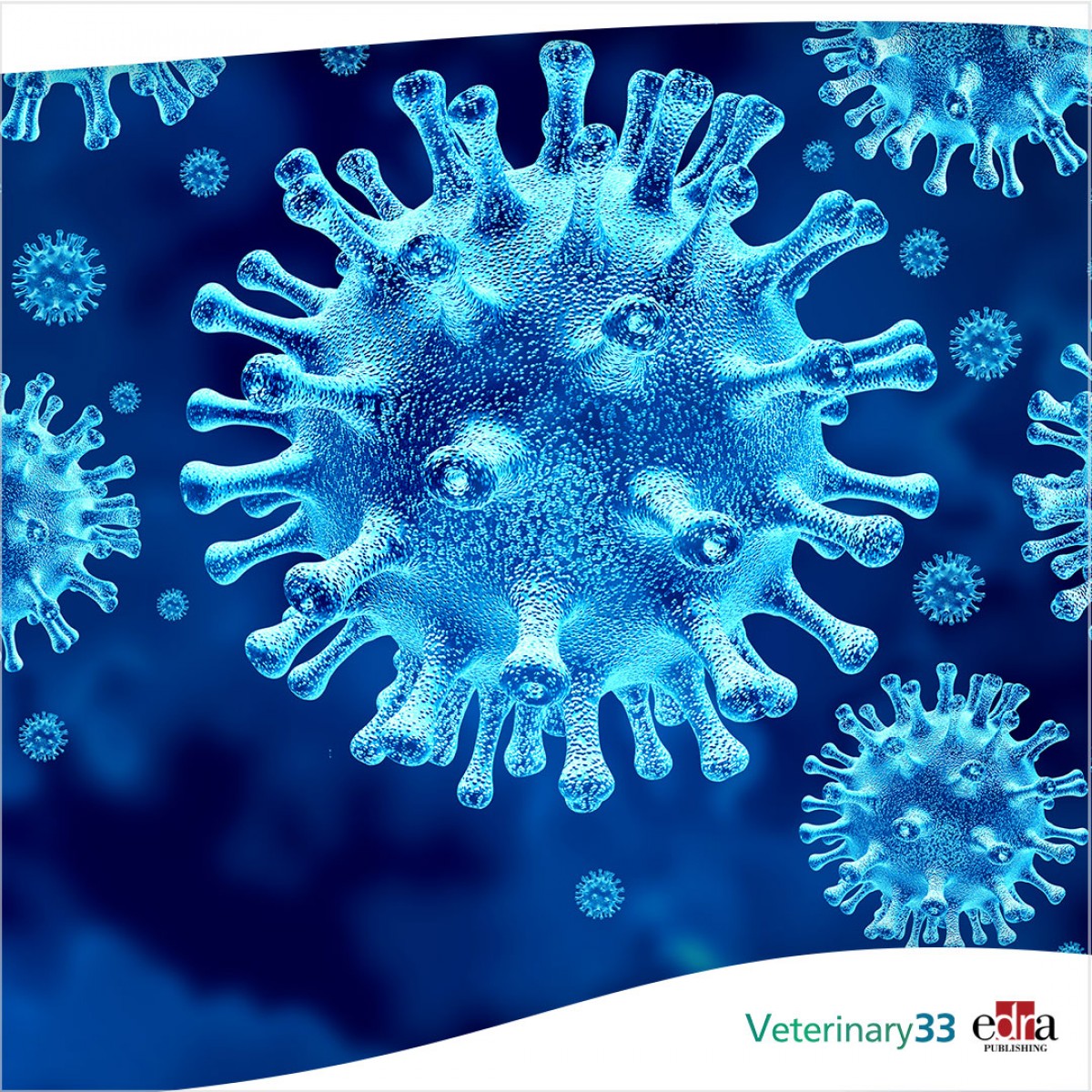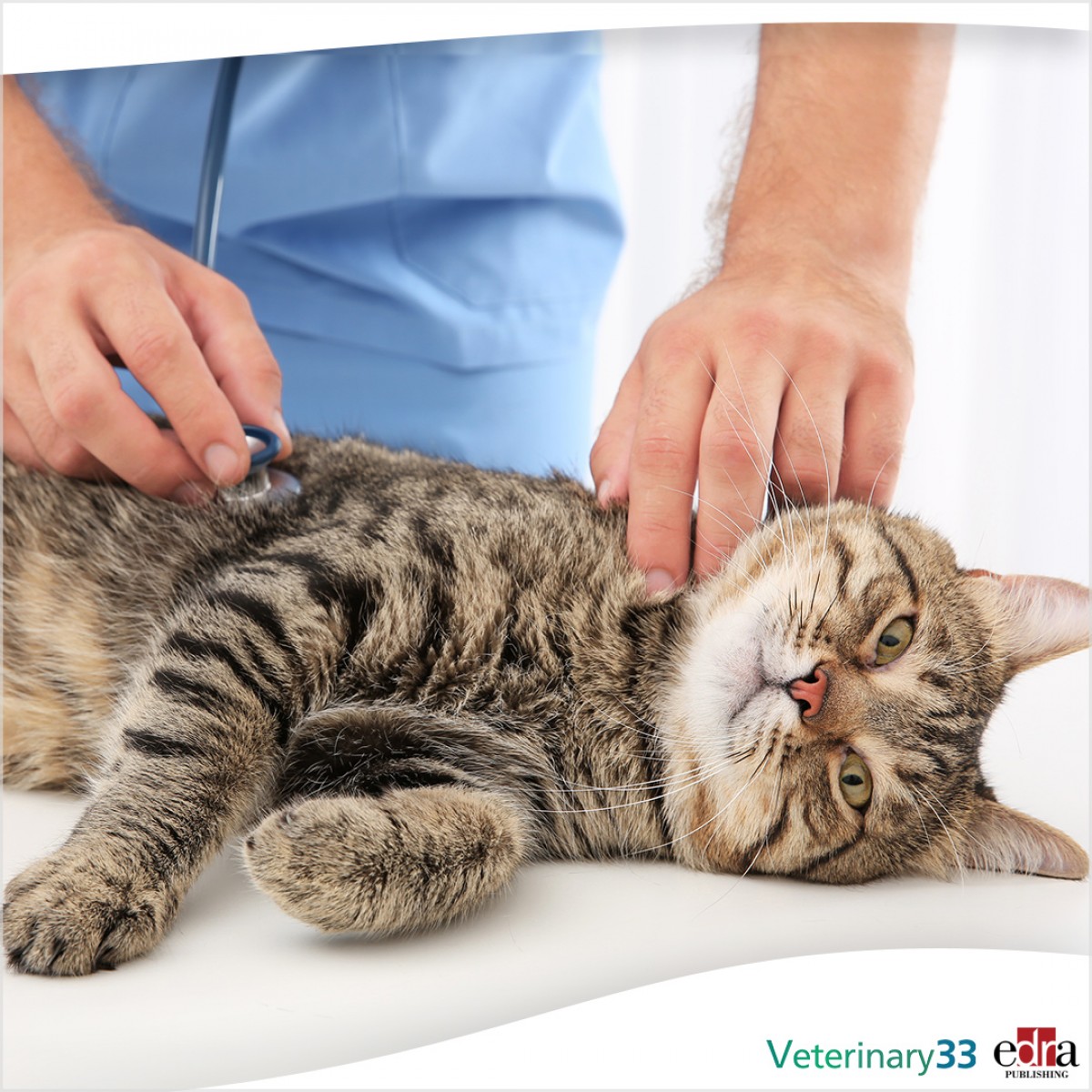Identified a variant of coronavirus that probably originates in dogs
In early 2017, a team of medical personnel, including doctors, nurses and volunteers, returned to Florida after volunteering at a clinic in Haiti. Shortly after his return, 20 members of the team began to feel unwell. "They had low-grade fevers and weren't feeling 100% well," says virologist John Lednicky of the University of Florida. "But they weren't very sick."
At the time, the Zika virus was circulating in Haiti, and health officials were concerned that travelers might have been infected, potentially importing the mosquito-borne disease into Florida. Officials then took urine samples from each traveler and asked Lednicky to take a Zika test. Lednicky ran the standard PCR tests for the virus and they all came back negative. But he was not satisfied. He had a hunch that the urine samples contained a virus, not Zika, but something else. So he took some urine from six of the travelers and added it to a special solution of monkey cells. The goal was simple: to see if any virus in the urine could infect the monkeys' cells, begin to replicate and grow to detectable levels. "We found a coronavirus," Lednicky notes. And not just any coronavirus, but one that many scientists believe may be a new human pathogen, likely the eighth coronavirus known to cause illness in people.
Identification of the virus in Malaysia and Haiti
It turns out that this coronavirus had previously emerged on the other side of the world. In May, scientists at Duke University reported that they had detected a nearly identical coronavirus in children at a Malaysian hospital. The researchers found the virus in the upper respiratory tract of 3% of 301 patients they tested in 2017 and 2018. The genetic sequence of the Malaysian virus suggested that it likely originated in dogs and then jumped to people. "Most of the genome was canine coronavirus," virologist Anastasia Vlasova told NPR in May. Although the findings sounded alarming, the researchers had no evidence that the virus could spread between people or that it spread throughout the world. "These human infections with canine coronaviruses appear to be isolated incidents that did not lead to extensive human transmission," virologist Vincent Racaniello noted in the Virology Blog.
Now Lednicky and his colleagues have found a nearly identical virus infecting people 11,000 miles apart at the same time. The genetic sequence of the virus in Haiti is 99.4% identical to that in Malaysia, as recently reported in the journal Clinical Infectious Diseases.
And the big question is: how does a dog virus in Malaysia get to medical staff in Haiti? "The virus probably circulates widely, but no one has paid any attention to it," says Lednicky, who suspects it is all over the world. The most likely hypothesis is that the virus is circulating in people, at low levels, in many parts of the world. If that hypothesis turns out to be true, this canine coronavirus would be the eighth coronavirus known to spread among humans.
Why is this good news?
Although these new findings sound like horrible news, it is actually good news because it means that scientists have caught this virus before it has caused a big problem. Scientists now have time to study it, create tools to diagnose it, and understand what might be needed to stop it.
John A Lednicky, Massimiliano S Tagliamonte, Sarah K White, Gabriela M Blohm, Md Mahbubul Alam, Nicole M Iovine, Marco Salemi, Carla Mavian, J Glenn Morris, Jr, Isolation of a Novel Recombinant Canine Coronavirus from a Visitor to Haiti: Further Evidence of Transmission of Coronaviruses of Zoonotic Origin to Humans, Clinical Infectious Diseases, 2021;, ciab924, https://doi.org/10.1093/cid/ciab924














List
Add
Please enter a comment